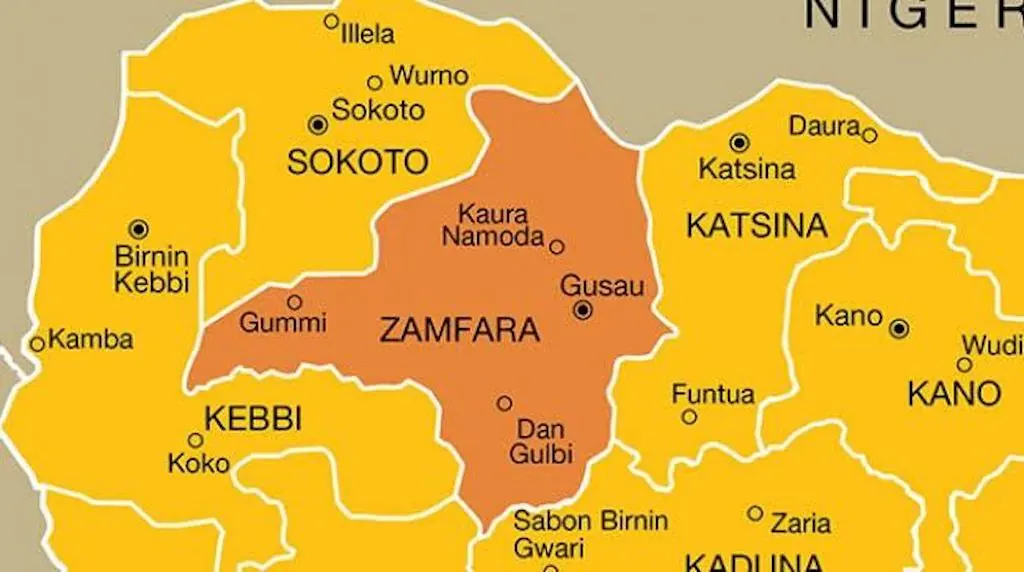Trump Tells Apple to Stop Building in India, Urges iPhone Production in U.S. - But That May Play Into China's Hands

U.S. President Donald Trump has reignited tensions with Apple, rebuking the company for its growing production presence in India and demanding that it build its flagship products on American soil — a demand experts say may be unrealistic and could ultimately play into China’s hands.
Speaking Thursday at a policy roundtable in Washington, Trump said he recently confronted Apple CEO Tim Cook over the company’s global manufacturing strategy. The president, who has long championed an “America First” approach, expressed frustration that the Cupertino-based tech giant is moving parts of its production away from China only to settle in India, rather than bringing those operations home.
“I had a little problem with Tim Cook yesterday,” Trump told the audience. “I said to him, ‘my friend, I treated you very good. You’re coming here with $500 billion, but now I hear you’re building all over India.’ I don’t want you building in India.”
Register for Tekedia Mini-MBA edition 17 (June 9 – Sept 6, 2025) today for early bird discounts. Do annual for access to Blucera.com.
Tekedia AI in Business Masterclass opens registrations.
Join Tekedia Capital Syndicate and co-invest in great global startups.
Register to become a better CEO or Director with Tekedia CEO & Director Program.
Trump was referring to Apple’s $500 billion U.S. investment pledge announced in February, which includes plans for a new facility in Texas to manufacture AI servers for its Apple Intelligence platform. But despite that commitment, the company has made no secret of its ambition to ramp up production in India — a country Apple sees as a critical pillar in its effort to diversify its supply chain.
Apple currently assembles about 90% of its iPhones in China, a reliance it has been trying to reduce due to a combination of geopolitical tension, rising Chinese labor costs, and Beijing’s increasing control over foreign companies operating within its borders. The push to India, where Apple plans to produce at least 25% of all iPhones by 2026, has been widely seen as a hedge against those risks.
However, Trump’s rebuke may not just complicate Apple’s India strategy — it could inadvertently benefit China, analysts say.
Over the past year, Beijing has quietly worked to disrupt Apple’s India ambitions, including by tightening its grip on Chinese component suppliers, which are integral to the iPhone’s complex supply chain. China supplies a significant portion of Apple’s components and machinery, and most of its contract manufacturers, such as Foxconn and Pegatron, have deep operations in China, even as they begin to establish a presence in India.
By urging Apple to abandon India without offering a viable alternative, Trump could unwittingly force Apple back into deeper reliance on China, particularly now that Washington and Beijing appear to be entering a new phase of trade détente.
Earlier this month, top U.S. and Chinese officials resumed high-level trade talks, which had been frozen for years. Treasury Secretary Scott Besent and Chinese Vice Premier He Lifeng met in Guangzhou to lay the groundwork for a possible trade framework that could relieve U.S. companies of some tariff burdens imposed during the Biden administration and now by Trump. The world’s two largest economies have agreed to lower tariffs for 90 days, marking the clearest sign yet of a thaw.
Amid this backdrop, some analysts believe Apple may delay or even scale back its India pivot, particularly if conditions in China stabilize and U.S. policy turns hostile to other offshoring destinations.
Apple’s reliance on Asia is not just a matter of policy — it’s embedded in the economics of global manufacturing. Assembling an iPhone requires hundreds of components sourced from dozens of countries, and a tightly choreographed logistics chain that allows assembly plants to churn out millions of units with precision and speed.
If Apple were to attempt to move iPhone production to the U.S., the price of an iPhone could rise to between $1,500 and $3,500, analysts estimate — a more than 50% increase from current retail prices.
Moreover, the U.S. lacks the infrastructure, labor pool, and supplier network that Asia offers. Chinese manufacturing hubs like Shenzhen have spent decades building what analysts call a “manufacturing brain trust,” an ecosystem of expertise that allows for rapid scaling — something America simply does not have today.
Apple currently makes only a small fraction of its products in the U.S., including the Mac Pro, which is assembled in Texas. Even then, some of its components are sourced from overseas.
Apple’s ambitions in India remain significant. Its main supplier, Foxconn, recently received approval from the Indian government to build a semiconductor fabrication facility in partnership with HCL Group. The move signals a long-term plan to localize even more of Apple’s production ecosystem, including chips, which are currently mostly made in Taiwan and China.
But Apple’s efforts in India haven’t been without problems. The country lacks the supply chain depth of China, and Indian factories have faced repeated scrutiny over labor violations, wage disputes, and infrastructure limitations. However, Apple has steadily expanded its India footprint, now producing iPhones locally for both domestic sales and exports — a strategic shift that earned praise from Indian Prime Minister Narendra Modi’s administration.
Trump’s attack now threatens to undermine that cooperation. Under the White House’s trade protectionist policies revealed in April, Trump has imposed a so-called “reciprocal tariff” of 26% on Indian goods, which has been temporarily lowered until July.
Trump’s stance now places Apple in a difficult place: continue expanding in India at the risk of further antagonizing Washington, or retrench to China just as a fragile U.S.-China thaw emerges.
If Trump’s stance hardens and trade talks with China improve, Apple may be compelled to lean once again on the very country it has spent years trying to distance itself from, giving Beijing the upper hand in what was once seen as Apple’s strategic decoupling.












